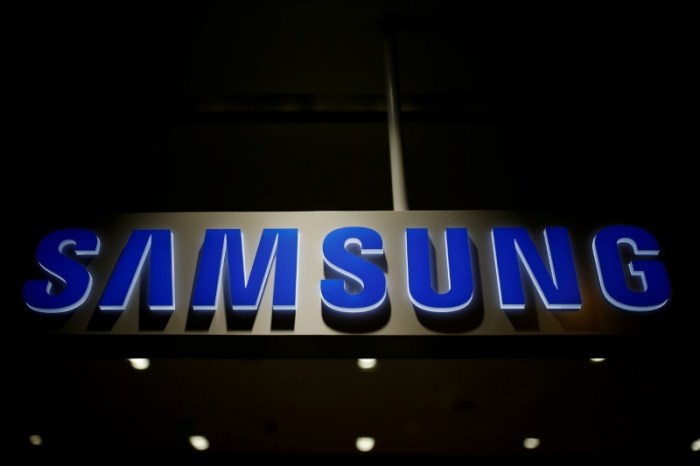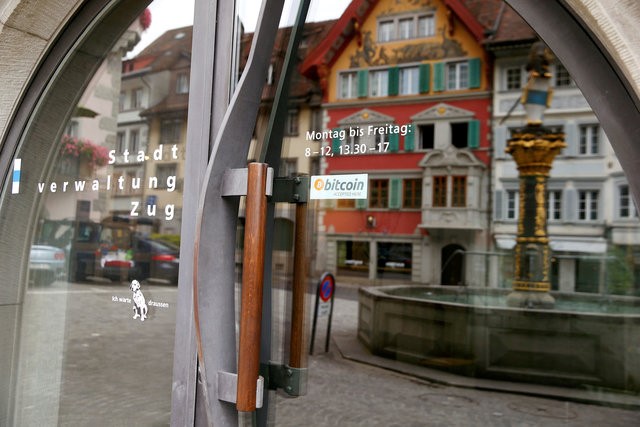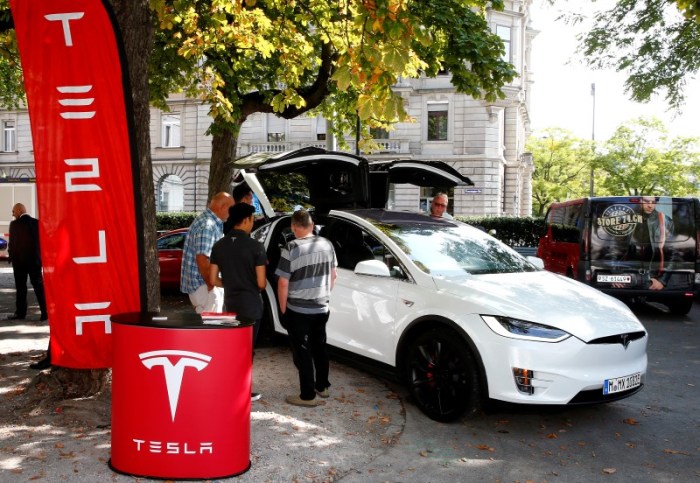By Heather Somerville
SAN FRANCISCO (Reuters) – Nearly one-third of private tech companies in the United States that have achieved “unicorn” status will eventually be worth less than $1 billion, according to a report published Tuesday. The report from SharesPost Inc, a platform for investing in pre-IPO companies, provides a data-driven analysis of the unicorn market – both how it was created and how many will survive. Unicorns are venture-backed companies valued at $1 billion or more in the private market. The report also highlights the venture capital boom that has funded the proliferation of unicorns in the past few years, as well as the likelihood that many of those companies received rich valuations they didn’t deserve from overzealous investors. There are about 170 unicorns globally with a combined value of more than $600 billion; in 2013, when the term “unicorn” entered Silicon Valley vernacular, there were 39 such companies worth a combined $100 billion. “Not all of these companies will continue to go up and to the right,” said Greg Brogger, SharesPost founder and chief executive officer.
Roughly 30 percent of the estimated 90 U.S-based tech unicorns will either go public or get acquired at a lower valuation, according to the report.
SharesPost found that, between 1995 to 2010, roughly 1 percent to 2 percent of venture capital investments achieved a $1 billion IPO or acquisition. Assuming VCs maintain a batting average of around 1.5 percent, said managing director Rohit Kulkarni, close to 30 U.S.-based unicorns are bound to have an exit that values them at less than $1 billion. Although their rate of unicorn success is roughly the same today as it was 20 years ago, venture capitalists are making more money because they have dramatically stepped up their pace of investments. “The size of a home run is much greater than it used be, even if the batting average is the same,” Brogger said.
SharesPost used its proprietary data as well as data sources including PitchBook and the National Venture Capital Association for its findings.
The report also illuminates one reason for the lackluster tech IPO market. The average age of a unicorn is more than seven years, while the age of companies making an initial public offering is 10 or 11 years – up significantly from the dot-com era. In the next two to three years, then, the IPO market should heat back up. There has been a substantial drop in unicorns from last year, but the report suggests the funding pullback isn’t as severe as many had expected: The 19 companies achieving billion-dollar-plus status in 2016 is nearly on pace with 2014. (Reporting by Heather Somerville; Editing by Cynthia Osterman)


















